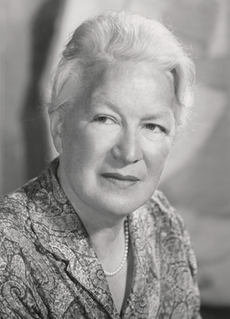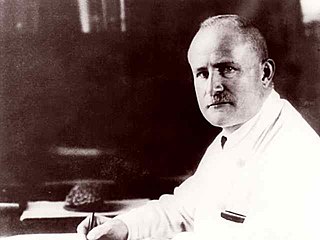A Quote by C. V. Wedgwood
Good writing is almost the concomitant of good history. Literature and history were joined long since by the powers which shaped the human brain; we cannot put them asunder.
Related Quotes
If Mother Culture were to give an account of human history using these terms, it would go something like this: ' The Leavers were chapter one of human history -- a long and uneventful chapter. Their chapter of human history ended about ten thousand years ago with the birth of agriculture in the Near East. This event marked the beginning of chapter two, the chapter of the Takers. It's true there are still Leavers living in the world, but these are anachronisms, fossils -- people living in the past, people who just don't realize that their chapter of human history is over. '
There's a lot we should be able to learn from history. And yet history proves that we never do. In fact, the main lesson of history is that we never learn the lessons of history. This makes us look so stupid that few people care to read it. They'd rather not be reminded. Any good history book is mainly just a long list of mistakes, complete with names and dates. It's very embarrassing.
Despite the modern dogma to the effect that women were a subject sex until the nineteenth century 'emancipated' them from history, women in history had demonstrated strong wills and purposes, had made assertions, and had directed or influenced all human destiny, including their own, since human life began.
Men are not suffering from the lack of good literature, good art, good theatre, good music, but from that which has made it impossible for these to become manifest. In short, they are suffering from the silent shameful conspiracy (the more shameful since it is unacknowledged) which has bound them together as enemies of art and artists.
If, in schools, we keep teaching that history is divided into American history and Chinese history and Russian history and Australian history, we're teaching kids that they are divided into tribes. And we're failing to teach them that we also, as human beings, share problems that we need to work together with.
If all persons with any trace of homosexual history, or those who were predominantly homosexual, were eliminated from the population today, there is no reason for believing that the incidence of the homosexual in the next generation would be materially reduced. The homosexual has been a significant part of human sexual activity since the dawn of history, primarily because it is an expression of capacities that are basic in the human animal.
Economist Frederick Thayer has studied the history of our balanced-budget crusades and has come up with some depressing statistics. We have had six major depressions in our history (1819, 1837, 1857, 1873, 1893 and 1929); all six of them followed sustained periods of reducing the national debt. We have had almost chronic deficits since the 1930s, and there has been no depression since then - the longest crash-free period in our history.
































